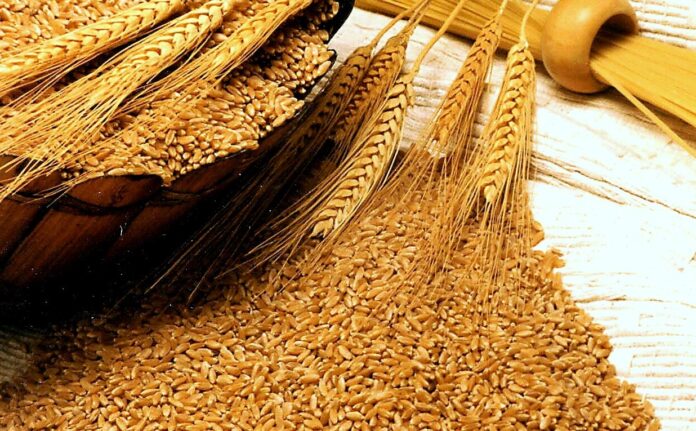ISLAMABAD: The COVID-19 pandemic has posed a serious challenge to developing countries to keep the food supply intact, mainly countries with highly dense population especially in Asia-Pacific region, economic experts have warned.
Experts expressed these views with the audience at an online policy dialogue titled ‘UNESCAP’s Economic and Social Survey of Asia and the Pacific 2020 – Lessons for Pakistan’, organised by the Sustainable Development Policy Institute (SDPI), in collaboration with the United Nations Economic and Social Commission for Asia and the Pacific (UNESCAP), on Wednesday.
Former State Bank of Pakistan (SBP) governor Dr Shamshad Akhtar said that the financing capacity of Pakistan had been quite low like other developing countries. However, the cushion that recent facilitation by international financing institutions had provided in order to deal with the challenges posed by the pandemic, had provided the opportunity to invest in the healthcare systems and social security by ensuring that there would be no food shortage in the country, she added.
UNESCAP Economic Affairs Officer Dr Daniel Joeng-Dae Lee, with the help of a detailed presentation on UNESCAP’s Survey 2020, highlighted that the high economic growth in the Asia-Pacific region helped in lifting almost a billion people out of extreme poverty in the past two decades.
“The Asia-Pacific region seems missing the 17 goals by 2030 and the largest regression is in goal 12 that is about ensuring sustainable consumption and production patterns,” he said.
The COVID-19 pandamic, he said, could become a catalyst to change the development approach that prioritises people and the planet. In Pakistan’s context, he added, Pakistan Climate Act, 2017, and plan on reducing reliance on coal provide solid basis for the right actions and the steps under the Green Pakistan Financing could help in achieving the targets.
SDPI Executive Director Dr Abid Qaiyum Suleri explained the nature of the challenges posed by COVID-19 for creating sustainable economies and said that the looming food crisis in the region posed by the pandemic demands a broader and greater regional cooperation. The SAARC could have played a very active role in coping with the impacts, however, it is quite regrettable that this opportunity is being lost here for not showing enough maturity, he added.
“We need to figure out the way forward for a sustainable production and consumption system,” Dr Suleri said and added that campaigning for the enhanced social protection, sustainable food supply chain developing virtual platforms for regional to global exchanges are the some of the areas that need our urgent attention to respond to emerging challenges.
SDPI Joint Executive Director Dr Vaqar Ahmed, on the occasion, said that COVID-19 presents an opportunity to pursue actions necessary to undertake the sustainable consumption and production. This will require governments to foster partnerships with businesses and industry to promote green investments and apply sustainable business practices across the value chain, he added.
He further said that the central bank can play important role in designing financial products which help startups and social enterprises to opt for innovative and green production technologies.




